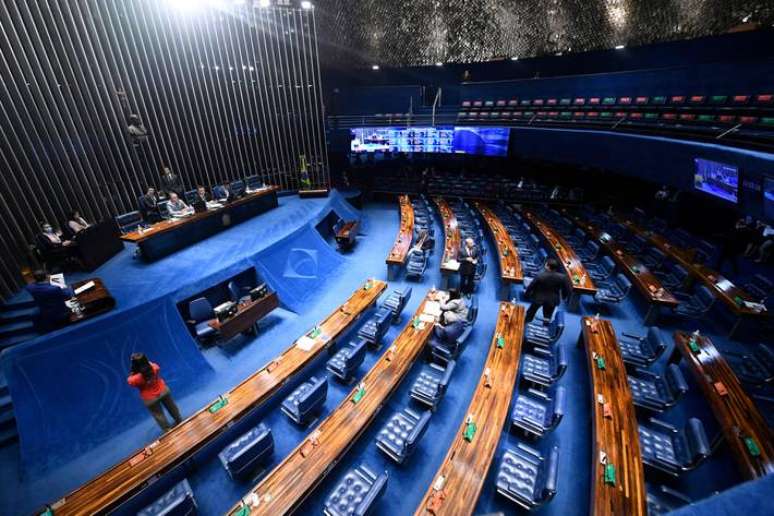Changes in the right direction are welcome, but attention needs to be paid to details such as Article 20 of the text
Changes in the direction of what is right will always be welcome for Brazil and deserve our full support. We are all in the same plane and we always hope for good pilot management, which prevents crashes and accidents. In recent weeks we have had the House approve the project tax reform and the Law of Carfwhich will now go to the Senate, and when the parliamentary break returns, the tax framework.
All of this is a step forward, especially the tax reform, which is an old demand of all Brazilians. However, in the case of the energy sector, the text of the tax reform lacks some improvements for which the Senate you have to be careful.
It is essential that in section III, Union fees, in article 153, chapter V, paragraph 6, it should be added that the tax provided for in chapter VIII does not apply to essential goods and services. This creates a differentiated treatment for energy, which more than ever has become an essential good. In an increasingly electrified world, no one can do without it electricity. Without electricity there is no quality of life or equal inclusion of citizens in society. At the same time, incorrect taxation is being corrected, especially from a social point of view, which regarded energy as if it were a non-essential good such as cigarettes and drinks. Amazingly, half of our energy bill is federal and mostly state taxes. Therefore, in the tax reform we have the opportunity to make this correction and reduce the tariffs. It is a pity that the text approved in the Chamber has not entered and responsibility passes to the Senate.
Another point that deserves a more punctual and careful discussion in the Senate is the device envisaged by article 20 which opens a loophole for the creation of a state tax possibly levied on primary products and semi-finished products. This rightly worries the agri-food, mining and oil sectors. It makes no sense to pass the reform and create an exception, allowing states to create taxes on agricultural, mining and petroleum products. The fact is that the text approved in article 20 has no relationship with the consumption tax, which is the object of the reform. Finally, Article 20 brings legal uncertainty to three of the main generators of employment and income in Brazil: agribusiness, mining and oil.
Finally, there is a debate, which should also take place in the Senate, on whether differentiated tax rates hurt productivity and growth. What would be right, cheaper and better from a social point of view would be specific social programs. A good discussion for the Federal Senate.
Source: Terra
Rose James is a Gossipify movie and series reviewer known for her in-depth analysis and unique perspective on the latest releases. With a background in film studies, she provides engaging and informative reviews, and keeps readers up to date with industry trends and emerging talents.






